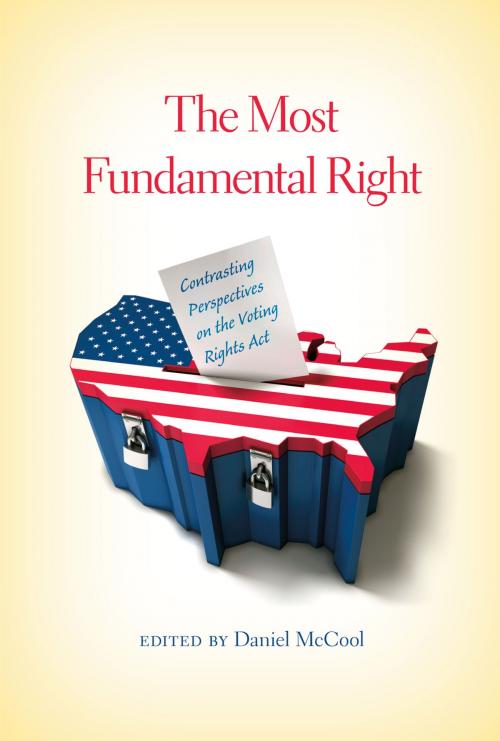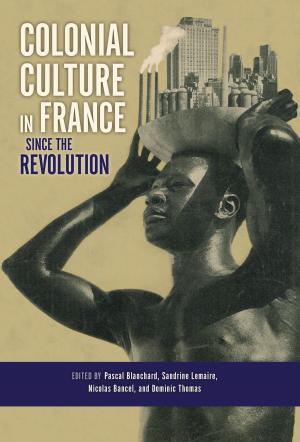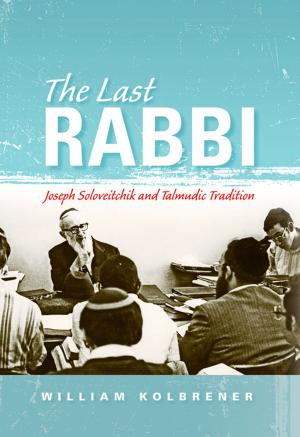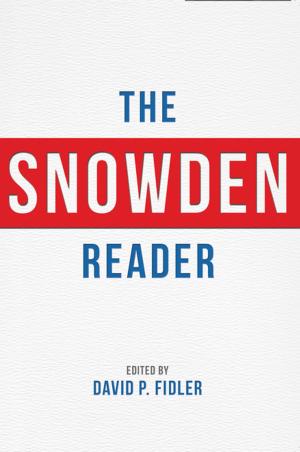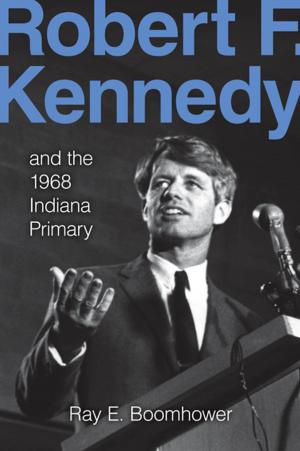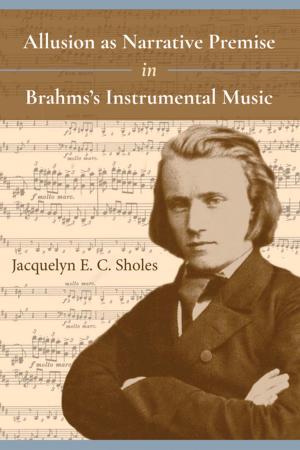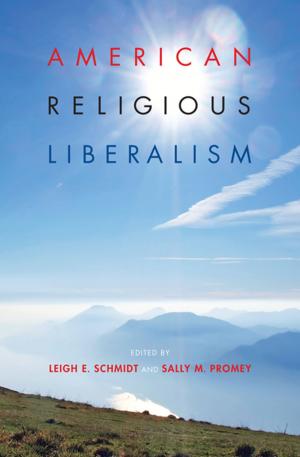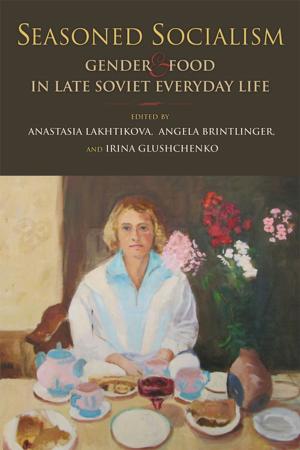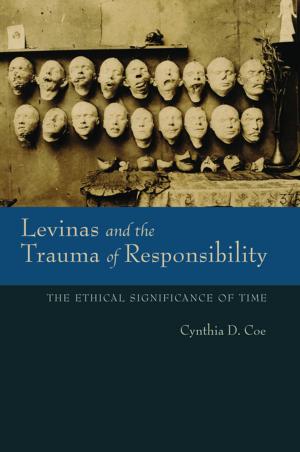The Most Fundamental Right
Contrasting Perspectives on the Voting Rights Act
Nonfiction, Social & Cultural Studies, Political Science, Government, Elections, Social Science, Discrimination & Race Relations, Reference & Language, Law| Author: | ISBN: | 9780253007100 | |
| Publisher: | Indiana University Press | Publication: | October 17, 2012 |
| Imprint: | Indiana University Press | Language: | English |
| Author: | |
| ISBN: | 9780253007100 |
| Publisher: | Indiana University Press |
| Publication: | October 17, 2012 |
| Imprint: | Indiana University Press |
| Language: | English |
Passed in 1965 during the height of the Civil Rights movement, the Voting Rights Act (VRA) changed the face of the American electorate, dramatically increasing minority voting, especially in the South. While portions of the Act are permanent, certain provisions were set to expire in 2007. Reauthorization of these provisions passed by a wide margin in the House, and unanimously in the Senate, but the lopsided tally hid a deep and growing conflict. The Most Fundamental Right is an effort to understand the debate over the Act and its role in contemporary American democracy. Is the VRA the cornerstone of civil rights law that prevents unfair voting practices, or is it an anachronism that no longer serves American democracy? Divided into three sections, the book utilizes a point/counterpoint approach. Section 1 explains the legal and political context of the Act, providing important background for what follows; Section 2 pairs three debates concerning specific provisions or applications of the Act; while Section 3 offers commentaries on the previous chapters from attorneys with widely divergent viewpoints.
Passed in 1965 during the height of the Civil Rights movement, the Voting Rights Act (VRA) changed the face of the American electorate, dramatically increasing minority voting, especially in the South. While portions of the Act are permanent, certain provisions were set to expire in 2007. Reauthorization of these provisions passed by a wide margin in the House, and unanimously in the Senate, but the lopsided tally hid a deep and growing conflict. The Most Fundamental Right is an effort to understand the debate over the Act and its role in contemporary American democracy. Is the VRA the cornerstone of civil rights law that prevents unfair voting practices, or is it an anachronism that no longer serves American democracy? Divided into three sections, the book utilizes a point/counterpoint approach. Section 1 explains the legal and political context of the Act, providing important background for what follows; Section 2 pairs three debates concerning specific provisions or applications of the Act; while Section 3 offers commentaries on the previous chapters from attorneys with widely divergent viewpoints.
